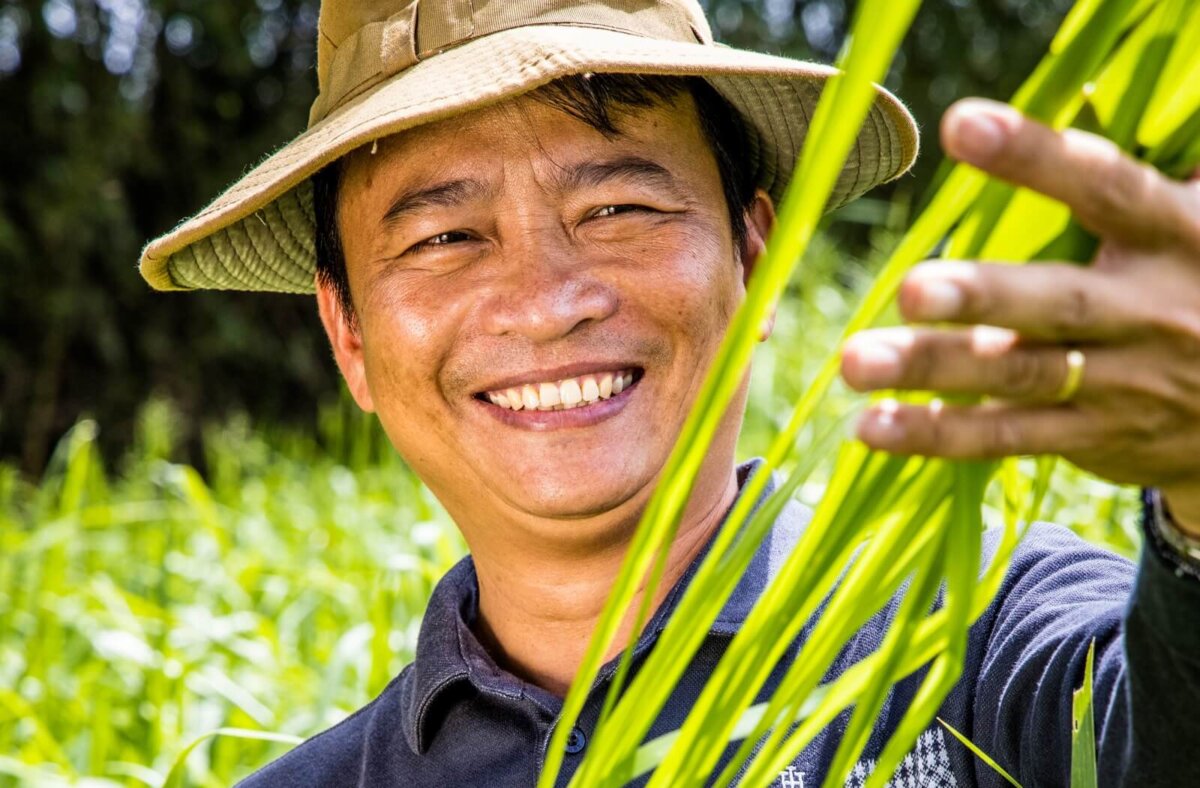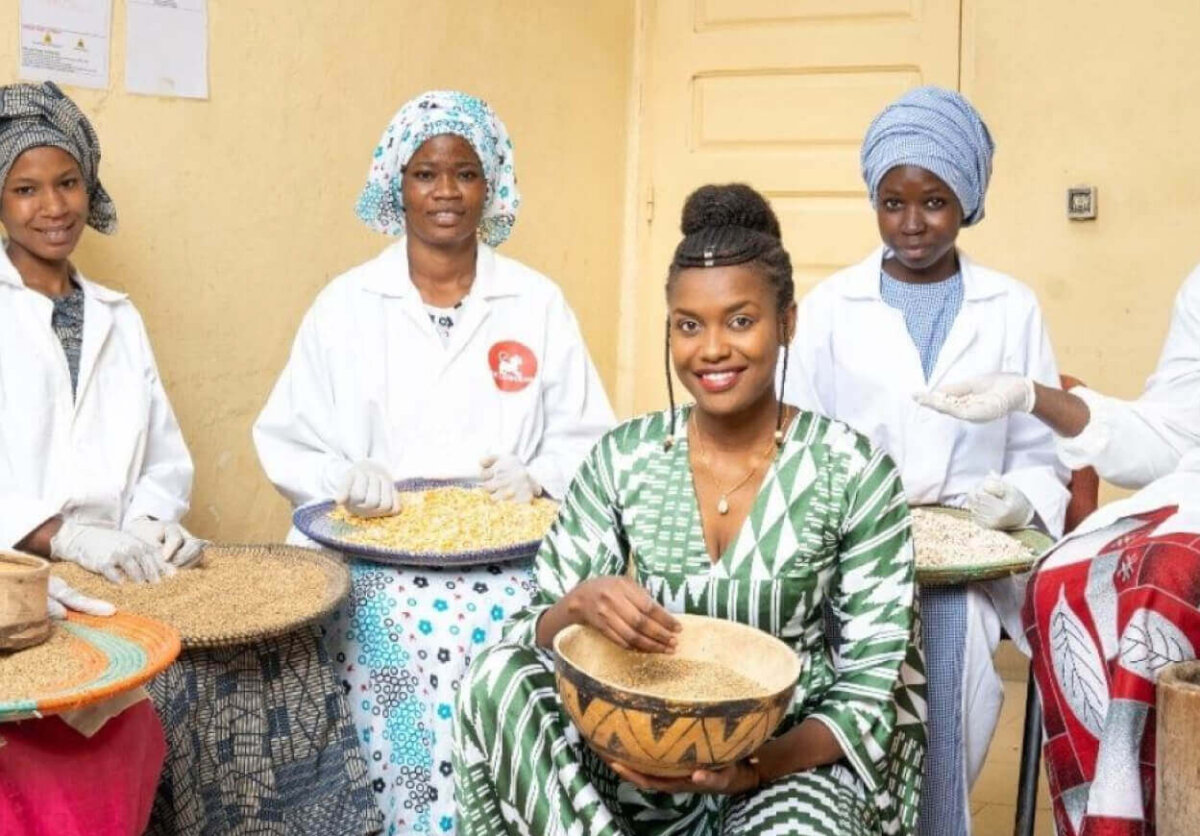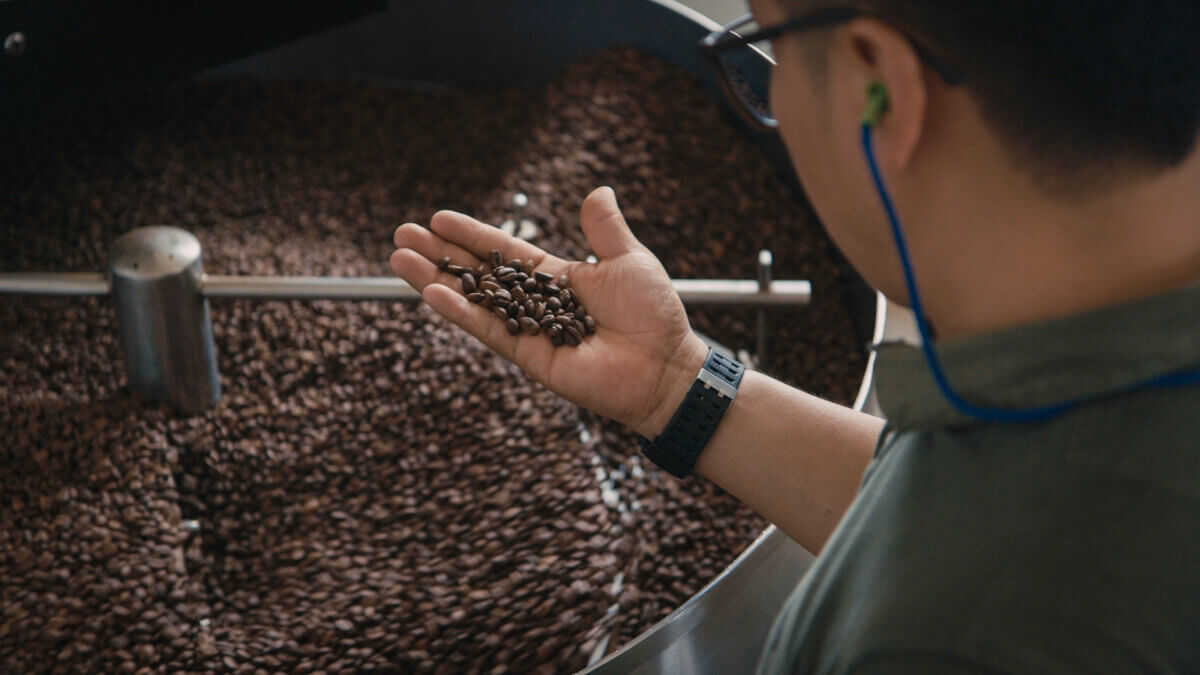- Sectors
- Food & Beverage Processing
Food & Beverage Processing
Our experts offer advice across diverse aspects of Food & Beverage Processing, covering production techniques, quality assurance, and logistics. With access to a vast professional network, they can facilitate connections with entrepreneurs and researchers. PUM provides expertise not only in food and beverage processing, but also in product development, quality control, supply chain management, and marketing & sales.
In the Dutch food processing industry, you will find a wide range of processed products based on both local raw materials, like potatoes, sugar beets, vegetables, fruits, cereals, mushrooms, and imported tropical crops, such as rice, nuts, cacao, spices, and so on. Examples of processed products: French fries, potatoes flakes, jam, dehydrated fruit, snacks, canned food, baby food cereals, sauce and soups, fermented products.
In the food processing industry, there is strong ‘Supply Chain Management’ between farmer and manufacturer to facilitate the steady flow of raw materials required for the production of processed products, with minimum loss of time, and maximum assurance of quality. Production plants are designed with hygiene as a top priority and with a focus on food safety and on efficiency and to producing to specifications, at lowest possible cost, products destined for market.
This sector profits from being close to the world-renowned Wageningen University and Research Centre (WUR) and is professionally associated with a variety of institutes dedicated to food research and innovation. You will also find in the Netherlands a wide range of suppliers for state-of-the-art machinery and equipment. PUM experts are able to advise you in the fields of product development, production techniques, quality assurance, marketing & sales, and logistics. Our experts have at their disposal an extensive professional network able to connect you to a broad range of entrepreneurs and researchers.
Areas of expertise
Production Management
Our experts can advise regarding technologies such as cooling, cleaning, slicing, pasteurization and sterilization, freezing, drying, and canning or packing, to name but a few. They are experienced in world-class manufacturing (WCM). Our experts know how to make your process more efficient and to help improve the quality of your products.
Technical service
Our experts are experienced in areas such as plant design and layout, machinery and equipment selection and procurement, maintenance management, and energy-saving strategies. And PUM experts can provide you with valuable connections to Dutch machinery suppliers.
Quality management
Our experts possess extensive knowledge concerning food quality and food safety systems and can help in the process of satisfying certification requirements which involve GMP, HACCP, and ISO. PUM experts are also knowledgeable about international hygienic design and about how to introduce ‘Corporate Social Responsibility’ policy.
Product development
Our experts are well acquainted with current research and have practical knowledge about processes, technologies, and recipes. They can advise on the development of new products or on the modification of existing products to provide better taste and colour and on production cost reduction, with less loss, on better and more attractive packaging.
Marketing and sales
Experts can advise on how to conduct market surveys, organise promotion activities, develop branding strategies, calculate production cost-to-retail price differentials, upgrade your sales organisation, and on how to connect with Dutch purchasers.
Supply chain management
Our experts know how to optimise the supply chain from raw material providers to the manufacturer and can advise on storage and on distribution to retailers. The aim is to reduce overall cost and become more competitive.
Client examples
Efficiency process improved
A cooperative of farmers runs a small company that produces fermented and roasted cassava, called ‘gari’. The request from the cooperative was for advice on possible ways to improve organisation and financial management, product quality, and packaging. The expert studied process efficiency as well as working conditions at the site. The cassava roots were delivered by a truck. The expert advised that the truck be weighed so that the company could know exactly how many roots were being bought. Cassava roots come in different sizes. The profit from small-size roots is maximally 55%, after peeling, while larger- size roots have a profit margin of up to 80%; also, the peeling of the bigger roots takes only a quarter of the time required to peel smaller roots. For these reasons, it was advised that only roots weighing one kilogram or more be bought. This will help the company increase both productivity and efficiency. Furthermore, a list of recommendations was provided concerning safety, commercial trading, and process efficiency.
Business processes analysed
Within a short period of time, a company had doubled its capacity in the processing and trading of plums. Subsequent to the expansion, the company was obliged to invest in plant modifications. Plans were therefore made for the purchase of new machinery and to develop the capacity of the company to own and operate its own plum growing operations. Company management requested advice from an independent expert in the field. The expert analysed the firm’s business operations, its current market position and future prospects. The expert’s primary recommendation was that the firm invest gradually, while seeking to exploit local market circumstances and to employ local labour to the company’s greatest possible benefit. This advice coincided with the firm’s own intended approach, the efficacy of which was confirmed by our expert.
Collaborating with a family business
A family business producing potato starch requested the help of a PUM expert. The family wanted to export to China, but the quality of the potatoes was not good enough. The moisture content and viscosity was too low, the colour of the potatoes was too yellow, and there were black particles present in the potato starch. The expert investigated the process and made some recommendations to control moisture content and limit black particles to a minimum. The recommendations were implemented and then experiments were carried out the results of which indicated improvement in both viscosity and colour, and fewer black particles.
French fries
A company cultivating and selling potatoes wanted to bring frozen potato products to market. The company knew little about the processing of potatoes into frozen products for sale to supermarkets. A PUM expert was asked to collaborate. After having visited the company, the expert provided management with documentation which detailed what was required technically to start the processing of potatoes into frozen products. Also, a cost-risk-benefit analysis was carried out to determine rational profit expectations.
Professional people for positive impact
Looking to grow your business or organisation sustainably and build a brighter future for your community? Contact one of our representatives in your country for criteria, more information and guidance on the application process.












